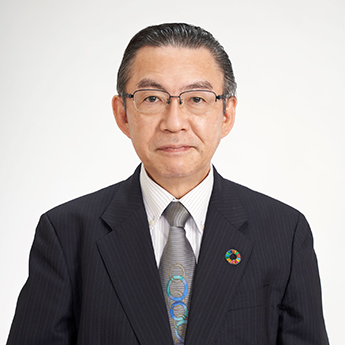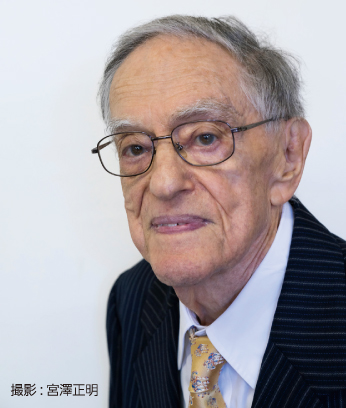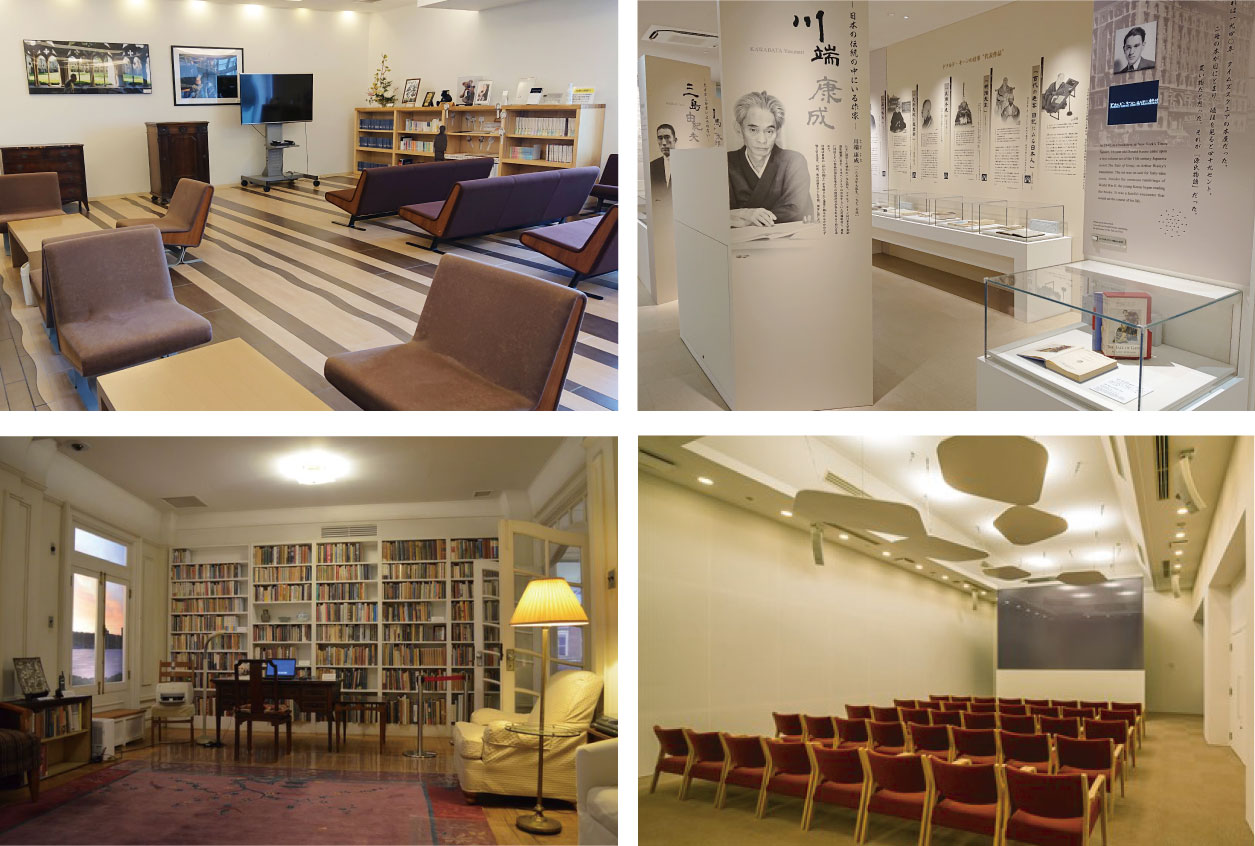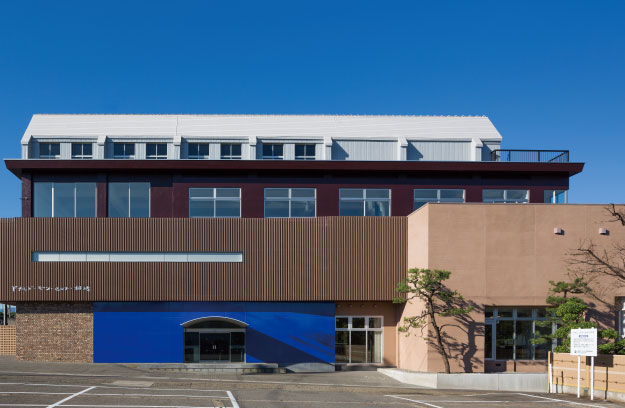Greetings

Chairman of the Board, The Bourbon Yoshida Foundation
Director, Donald Keene Center Kashiwazaki

Since the Donald Keene Center Kashiwazaki opened its doors in September 2013, we have been fortunate to receive the support of many people, not only visitors but also corporate sponsors and volunteers. We would like to express our deepest gratitude to them all for their generosity.
Donald Keene’s relationship with Kashiwazaki City began when he proposed the revival of the old jōruri puppet play The Life of Kōchi, the Holy Monk of Kashiwazaki in Echigo, which dates from the 17th century. Later, when he was in New York teaching his final course at Columbia University, Professor Keene received news of the Great East Japan Earthquake and resolved to “return to Japan and become a Japanese citizen.” He also agreed to our proposal to move his study in New York exactly as it was to Kashiwazaki, where it could become the nucleus of a foundation for passing on his many achievements in Japanese literature and culture to future generations. Although Donald Keene died in 2019, we carry on his legacy of seeking to realize a peaceful world. We look forward to your continued support.
On the Establishiment of the Center


I have spent my life working for a better understanding of Japanese culture in Japan and abroad, so the founding of the Donald Keene Center Kashiwazaki can not help but be an extremely happy occasion for me. Moreover, to have my name attached to the Center is an inexpressible joy.
I studied classical Japanese literature and the history of Japanese thought under Professor Tsunoda Ryūsaku at Columbia University and was one of the first generation of postwar scholars of Japanese studies abroad. Today, the children of my own students are active in the field. Before the war, Japanese was taught at only six or seven American universities and most of them were on the West Coast, where there were many second generation Japanese-Americans. But today, when almost any respected university teaches Japanese, Japanese is no longer considered a rare foreign language. In fact, it has become a popular language studied around the world.
The Donald Keene Center Kashiwazaki bears the name of one person but I would like to share my joy with all those outside Japan who have worked so hard at Japanese studies and at opening the pathway to Japan.
Facilities
On the first floor visitors can see copies of Professor Keene's works, an outline of the Center, as well as search and retrieve on information terminals Professor Keene's current activities. There is also an audio-visual hall where the visitor can view a variety of theme-based visuals on a 200-inch screen.
On the second floor is a re-creation of Professor Keene's study and living room in New York and a restored exhibition hall which shed light on many aspects of Professor Keene as a person, his works and accomplishments, and his love of Japan. There is also a visual library where the visitor can see and hear Professor Keene speak about his encounters with renowned authors, his lectures and other events. There is also a search and retrieve section to view his book collections and the over a thousand records and CDs he gave the Center.

How the Center came to be established
Donald Keene was an interpreter of Japanese literature and culture to the world and his study in New York was the base of his activities. After the unprecedented disaster of the Great East Japan Earthquake on March 11 2011, the bravery and resilience of people in the devastated areas inspired him to become a Japanese citizen. “Now is the very best time,” he declared, “for me to become a Japanese.” It seemed he would have to abandon his study in New York, but then the idea of moving it intact to Japan was proposed and from that evolved the idea of establishing the Donald Keene Center of Kashiwazaki as a base for cultural activities by and for the people of Kashiwazaki. This was possible because of the warm ties that existed between Donald Keene and the people of Kashiwazaki since his participation in the 2007 revival of the old jōruri puppet play The Life of Kōchi, the Holy Monk of Kashiwazaki in Echigo.



